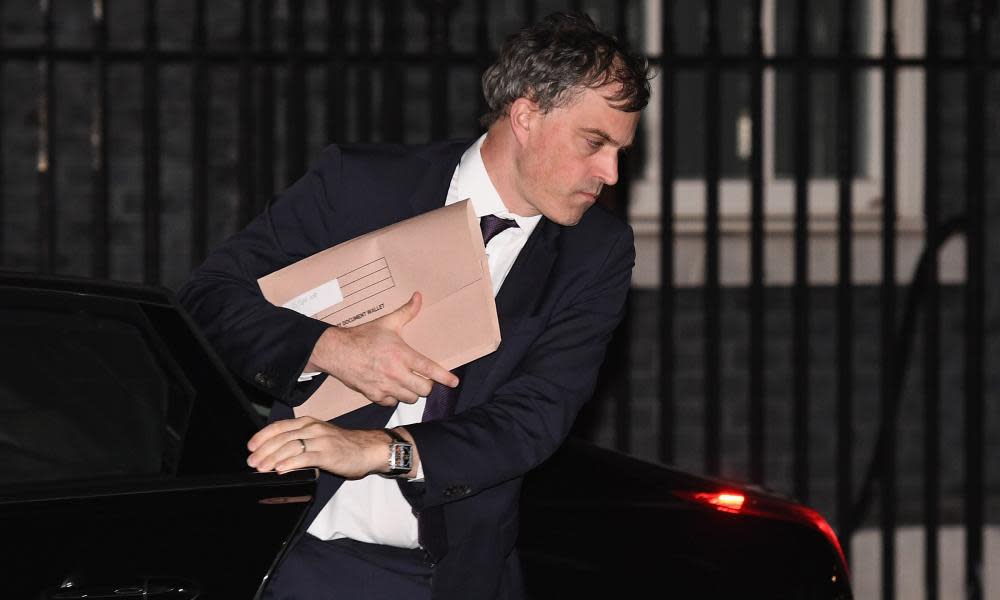Countdown to Brexit: key dates for EU and UK talks

With a hint of a breakthrough in Brexit talks between the UK and EU in sight, it seems likely there will be a packed timetable between now and Britain’s official departure date in March 2019. This is what we know about the likely schedule:
Tuesday evening
Ministers have been called to Downing Street, one by one, to read and be briefed on the outline withdrawal agreement. They will not be allowed to take away the documents for fear of leaks.
Wednesday
An emergency cabinet meeting has been scheduled for 2pm so ministers can – if they think the proposal is one they can support – formally endorse it. If not, this could be the moment for ministers to resign.
Ambassadors from the EU27 have already been scheduled to meet in Brussels on Wednesday and this would be their first chance to look over the agreement made between the negotiators from both sides.
The following week to 10 days
This would be a chance for the EU27 to further scrutinise the plan, with likely meetings including the EU ambassadors, again, and the EU’s Brexit working group, among others.
25 November
This would be the likely date for an emergency EU summit on Brexit. The hope had been to hold it earlier, but the delay in reaching agreement between the negotiating teams makes this the most likely date, not least as several EU leaders will be heading to the G20 meeting in Buenos Aires, Argentina only days later.
December
The potentially long and difficult process of getting an agreement through parliament would begin, with the government very keen to get this completed – if it happens – before Christmas. Some expect the week beginning 10 December to be the most likely time for the start of this process.
This would also be the period in which preparations for what to do in the case of a no-deal departure would begin in earnest, both in the UK and the EU, particularly if a deal still looks in doubt.
Similarly, if the deal is rejected by parliament then this would be the moment when an entirely different course could be plotted – whether a challenge to Theresa May’s leadership, or perhaps a general election, or even moves to push for a second referendum where staying in the EU could still be an option. Such a major change in policy could, however, require an extension to article 50 to buy more time.
13-14 December
The final scheduled European council summit of the year, which would be the last chance to iron out any differences or problems with the withdrawal agreement.
January/February 2019
The European parliament would have to approve the withdrawal agreement.
29 March
Brexit day. Departure would officially happen at midnight in Brussels, 11pm UK time. The transition period would then begin, as well as talks on the more substantive part of the departure – the UK’s future relationship with the EU in areas such as trade.
31 December 2020
The transition period is due to end – if it has not been extended due to slow-running talks on a future relationship.

 Yahoo News
Yahoo News 
